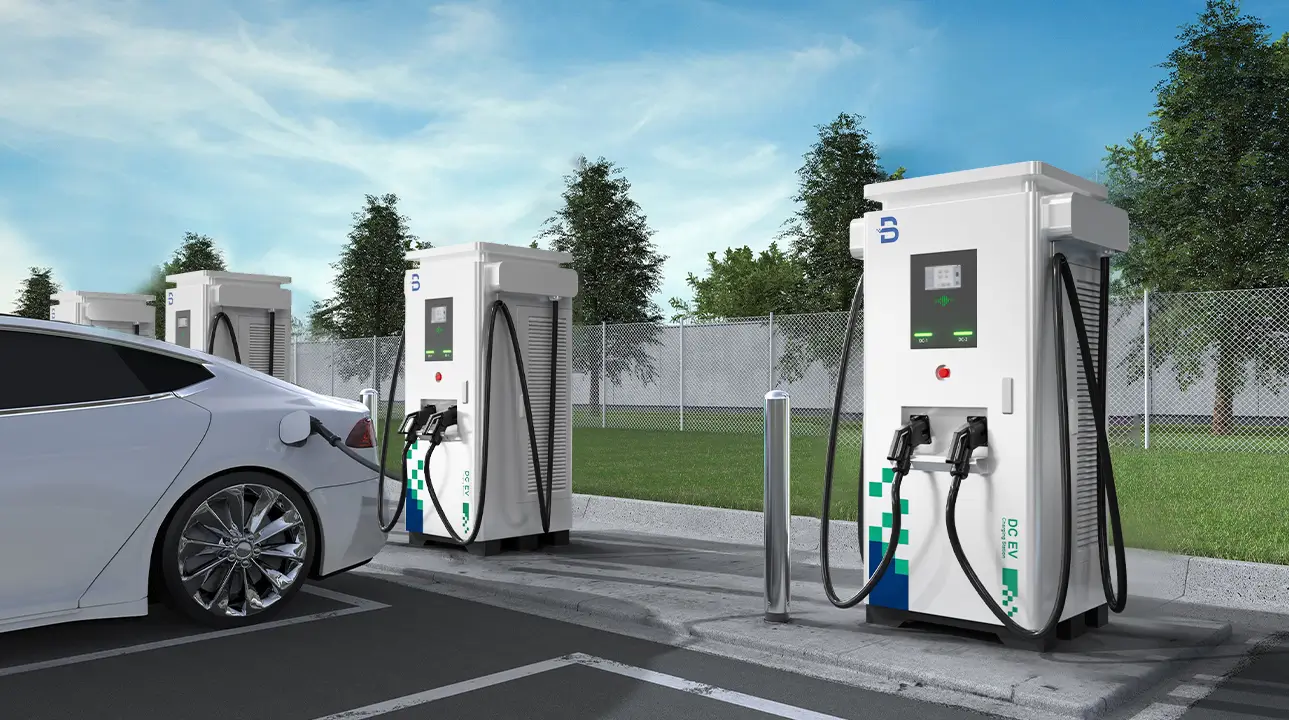Latest Nissan CVT Settlement Update when it comes to automotive technology, the continuously variable transmission (CVT) has been both celebrated for its smooth driving experience and criticized for potential reliability issues. Nissan, a global automotive giant, has faced significant scrutiny due to persistent problems with their CVT systems. The unfolding Nissan CVT settlement update sheds light on recent developments that every Nissan owner or prospective buyer should know.

Understanding the Nissan CVT Issue
Nissan’s CVT technology was initially lauded for its efficiency and ability to optimize fuel economy. However, many owners reported troubling symptoms such as shuddering, slipping, and premature transmission failure. These issues often manifested within the warranty period, leading to costly repairs or outright transmission replacements.
The crux of the controversy lies in Nissan’s approach to CVT design, which, despite its innovation, failed to deliver consistent durability. This sparked numerous complaints and eventually escalated into legal action, with affected consumers demanding accountability and compensation.
The Evolution of the Nissan CVT Settlement
Over the years, class action lawsuits targeted Nissan’s CVT transmission, accusing the company of concealing defects and failing to adequately address the problem. The legal process has been complex, involving negotiations, technical evaluations, and comprehensive analysis of failure rates.
The Nissan CVT settlement update reveals significant strides in resolving these disputes. Nissan agreed to a comprehensive settlement package, which includes reimbursement for repairs, extended warranties, and compensation for affected owners. This marks a pivotal moment in the saga, providing some relief for those who endured the burdensome consequences of faulty transmissions.
What’s Included in the Settlement?
The settlement is multi-faceted, addressing various consumer concerns in a structured manner. Key components include:
- Reimbursement for Repairs: Eligible Nissan owners who paid out of pocket for CVT repairs can file claims to receive reimbursements. This alleviates financial strain caused by unexpected transmission failures.
- Extended Warranty Coverage: The settlement extends the warranty on CVT transmissions, allowing for free repairs or replacements for a longer period. This extension is crucial, considering many failures occurred just beyond the standard warranty timeframe.
- Monetary Compensation: Apart from repair reimbursements, some owners may receive direct financial compensation for the inconvenience and diminished vehicle value caused by the transmission defects.
- Ongoing Technical Support: Nissan commits to improving CVT technology and offering enhanced customer service to address any future issues promptly.
Eligibility and Claims Process
Not all Nissan owners qualify for the settlement benefits. Eligibility hinges on specific model years, vehicle conditions, and whether the owner has already undertaken CVT repairs. The Nissan CVT settlement update emphasizes the importance of checking eligibility through official channels or legal advisors.
To claim benefits, owners must submit detailed documentation including repair receipts, vehicle information, and proof of ownership. Nissan and the settlement administrators have streamlined this process with online portals and customer support centers, aiming to facilitate hassle-free claims.
Impact on Nissan’s Reputation and Future Designs
The CVT debacle has inevitably influenced Nissan’s brand reputation. While the company’s transparency in the settlement process is commendable, regaining full consumer trust requires consistent improvements. The Nissan CVT settlement update also highlights Nissan’s commitment to rigorous quality control and innovation to prevent such issues from recurring.
Emerging reports suggest Nissan is investing heavily in next-generation transmissions, blending CVT advantages with enhanced reliability. These advancements promise better performance and longevity, marking a hopeful chapter for the automaker’s future.
Consumer Takeaways
For current Nissan owners, staying informed about the Nissan CVT settlement update is essential. Filing claims promptly can lead to significant financial relief. Moreover, understanding the nuances of the settlement helps owners make educated decisions about repairs and vehicle maintenance.
Prospective buyers should also heed the lessons from this controversy. While Nissan remains a reputable brand, careful consideration of CVT technology and its historical challenges is prudent when selecting a vehicle.
Broader Implications for the Automotive Industry
The Nissan CVT case underscores the critical role of transparency, quality assurance, and consumer advocacy in the automotive sector. It serves as a cautionary tale for manufacturers on the pitfalls of premature technology deployment without exhaustive durability testing.
Furthermore, the settlement process exemplifies how legal frameworks can empower consumers, ensuring corporations uphold accountability for product reliability. This dynamic fosters a healthier marketplace where innovation and consumer rights coexist.
The Nissan CVT settlement update is a beacon of resolution amid years of consumer frustration and uncertainty. While no settlement can fully erase the inconvenience caused, Nissan’s actions represent a positive step towards restitution and improved vehicle quality.
For those impacted, leveraging this settlement is an opportunity to mitigate losses. For the industry at large, it’s a reminder that innovation must always be coupled with integrity and rigorous testing.
As the automotive world accelerates towards more advanced technologies, the lessons learned from Nissan’s CVT saga will undoubtedly influence future engineering, regulatory oversight, and consumer protection measures.





More Stories
How to Join Nissan CVT Lawsuit Fast
The Future of Electric Cars: What to Expect by 2030
Inside the Breakthroughs in Electric Car Battery Tech